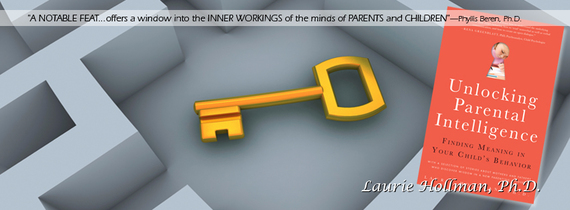Some children concentrate well and enjoy playing alone. They are inventive, attentive, and full of ideas. They develop skills and pet projects without assistance. Other children seem to need others always involved with their play. They want or insist their mother or father plays with them or must have friends over. They are wonderfully gregarious but are missing out on the joy of enjoying their own time with themselves alone. This is a skill that is worth working on with them, not only so parents get a break (surely needed!) but so the child can build confidence in alone time.
4 Reasons for the Importance of Alone Time
1.Alone time helps children become better learners when they get older, as they'll already be used to the idea that certain tasks, like homework and reading, are solo endeavors.
2.Creating without outside influence helps boost a child's self-esteem and sense of accomplishment.
3.Alone time allows a child to get to know themselves better. They get closer to their inner worlds. They create stories through play and writing and painting that only come when they're alone.
4.Alone time builds a sense of security. It means when no one is available, you can rely on yourself for satisfying productivity. This builds enduring confidence.
6 Parenting Tips to Help Kids Become More Independent
1.Set them Up for Success.
Instead of telling your preschooler to "go play by herself" give her something specific to do. Provide a slew of play things such as craft materials that are easy to manage and invite your child to invent a surprise for you. Compliment her in detail on her progress and when it's finished, put it in a prominent place for all to see.
2.Don't send them away to another room.
If your child isn't naturally independent we don't want them to feel they are being punished. Find ways to make their play space in your work space. Give your child things to do while you are working on something else. Go about your business and point out you both have jobs to do. Most kids like to identify with their parents and do their task on their own as they see their mother do. Perhaps you are baking and they are playing with play dough.
3.Praise often and proceed slowly.
Be very specific with your praise as your child spends time alone being productive. Comment on what they have accomplished. Begin with a few minutes and build on what they are comfortable with. Depending on their age, you can expect more time spent alone each time you have them try it. Remember general praise like "Good Job" may be easily forgotten, but "You sure stacked the blue and red blocks up high" is the kind of detail that's more easily remembered.
4.Be a role model of someone who enjoys her independence.
Children learn from observation. As your child learns to read, model reading on your own for them to see how an adult enjoys reading for pleasure. They will want to copy your pastimes.
5.Challenge them to be creative.
Provide play figures that are enjoyable for your child and ask them to make up a story. Tell them you'll be back in ten minutes to hear all about it and write the story down. Increase the time away by five minutes each time after that.
6.Use screen time.
When your child likes to use screen time as a way of being alone, make sure to discuss with them afterwards what they watched. Then they can feel proud of spending time on their own learning from a YouTube or brief documentary or story.
Learning to enjoy alone time is a gradual process that increases with age. It build self-confidence, productivity, toleration of frustration, and pleasurable times with oneself.

Laurie Hollman, Ph.D., is a psychoanalyst with a recent book, Unlocking Parental Intelligence: Finding Meaning in Your Child's Behavior, found on Amazon, Barnes and Noble, Familius, and wherever books are sold.